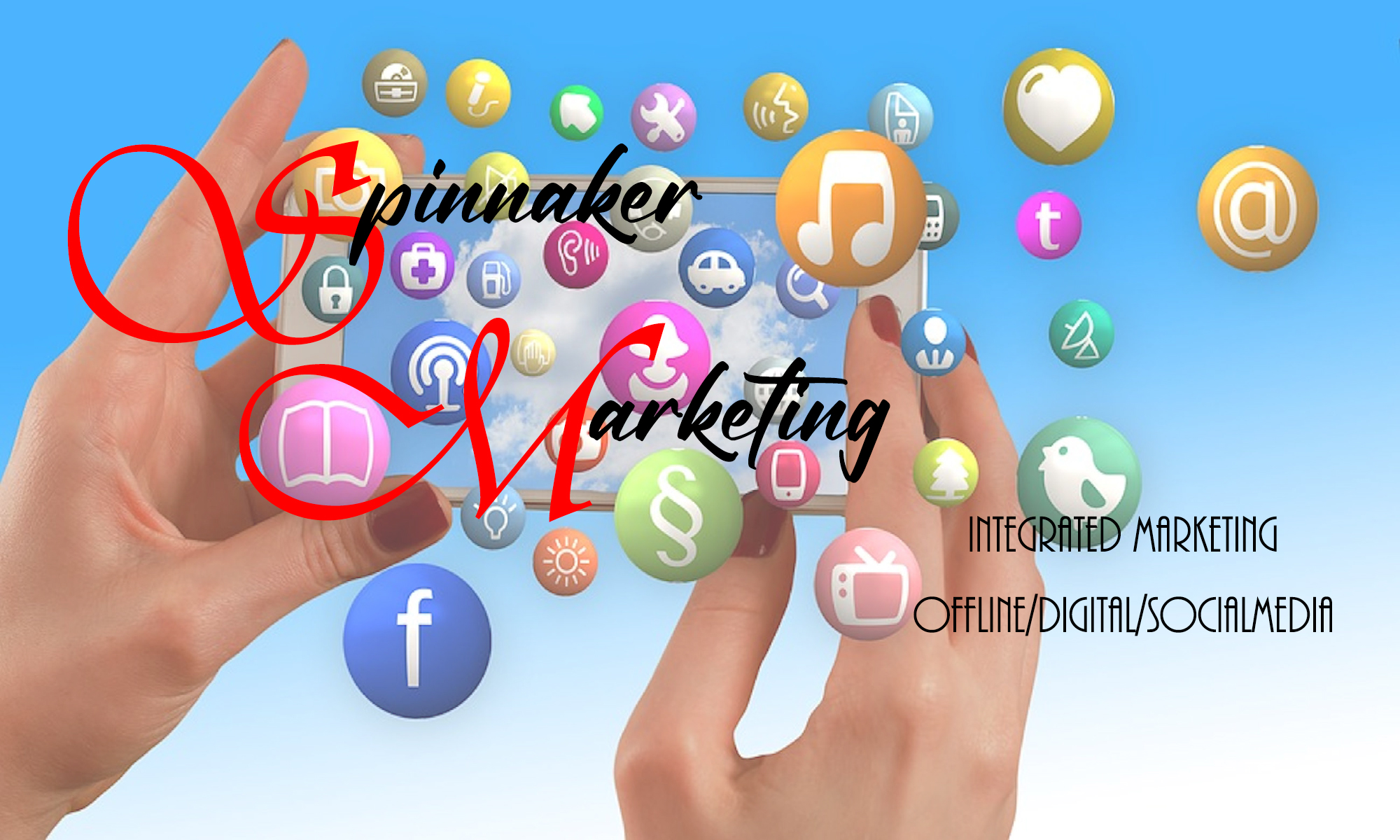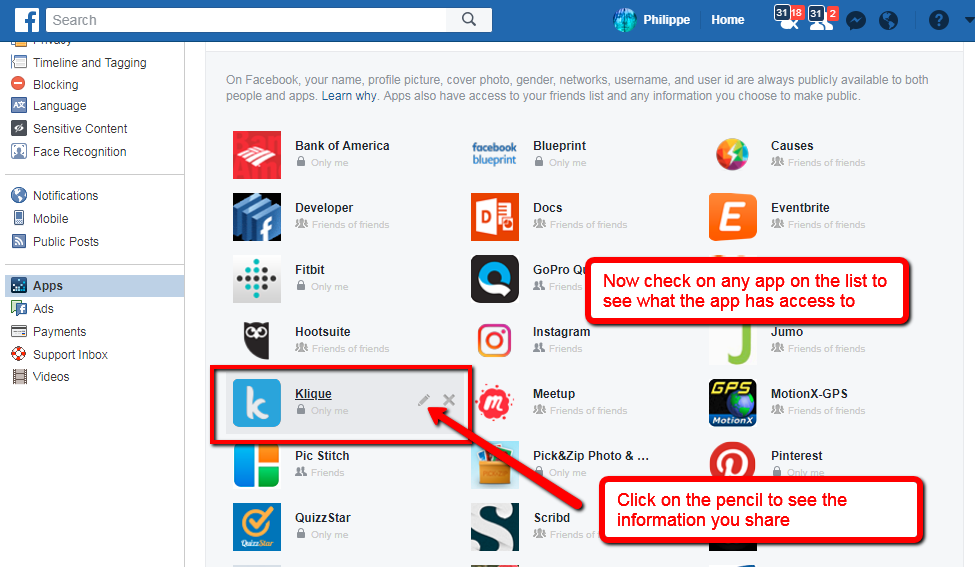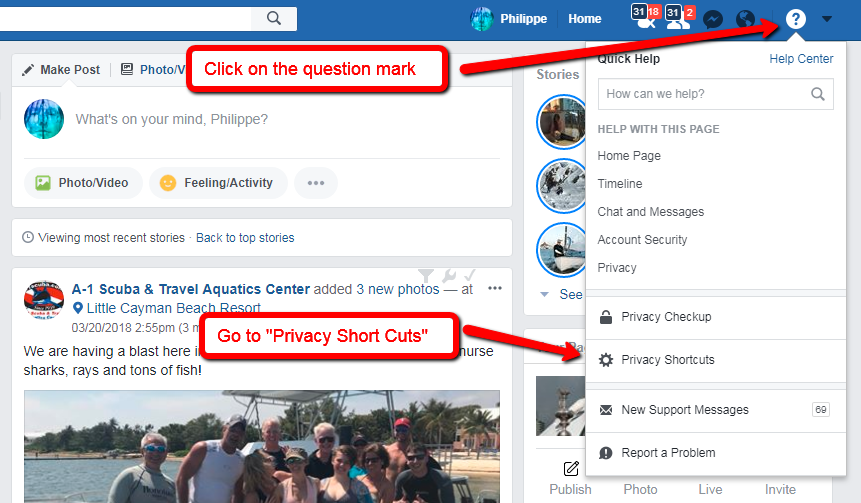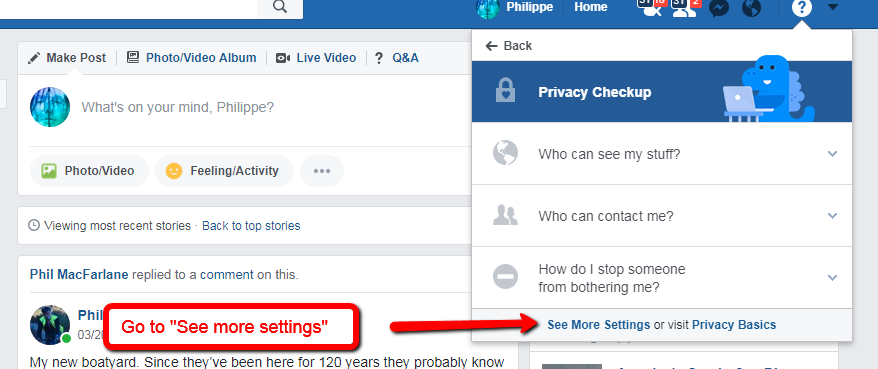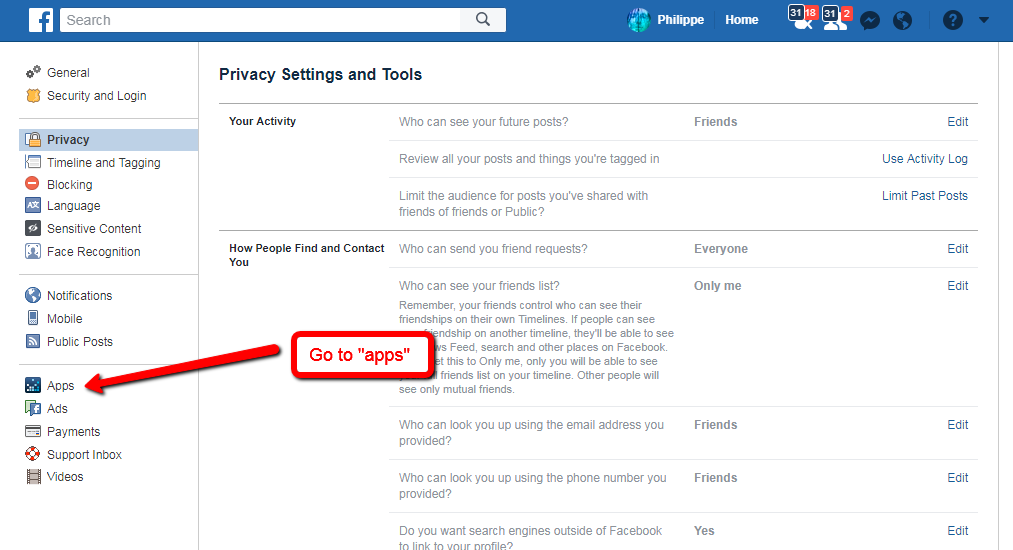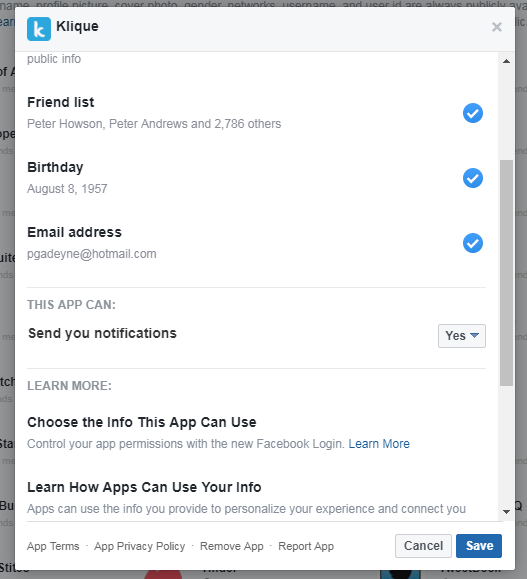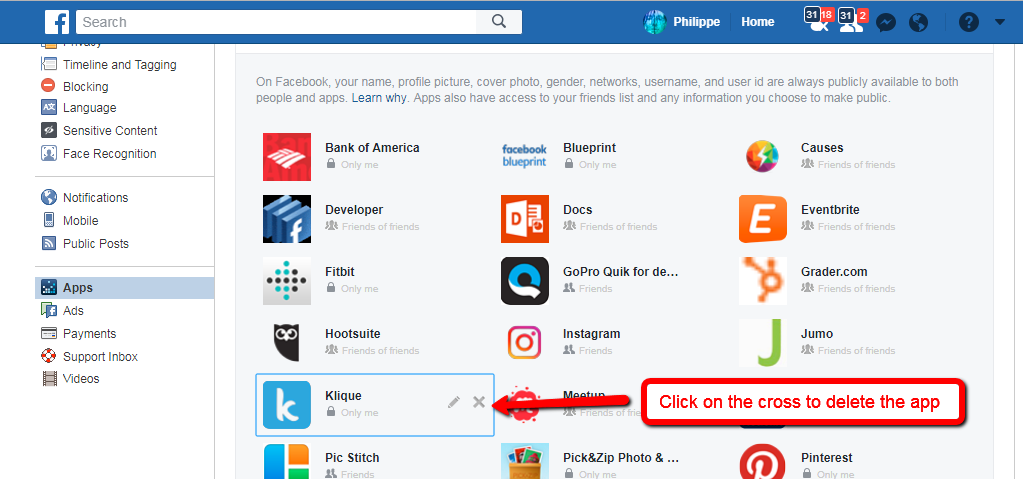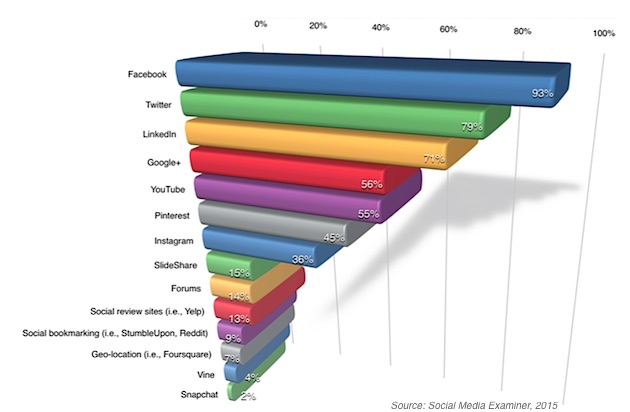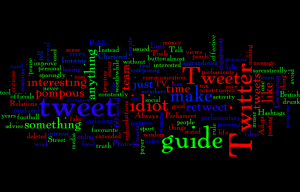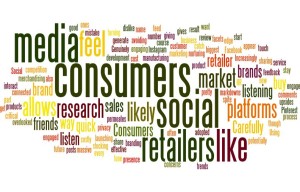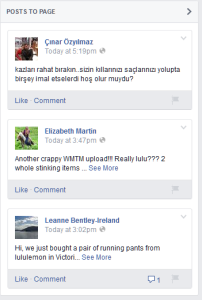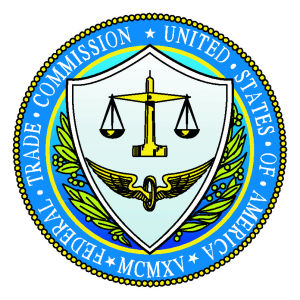Recently we have seen something a massive wave of Facebook fake profiles, something I had not seen, on that scale, in my 10+ years working on Facebook and social media in general and being on Facebook.
 There is, as we speak, a massive wave of fake profiles being created, most of them spoofing existing profiles and targetting the connections to that profile and their connections.
There is, as we speak, a massive wave of fake profiles being created, most of them spoofing existing profiles and targetting the connections to that profile and their connections.
I have to assume it’s either because of:
- The upcoming elections and a massive wave of fake news and disinformation using Facebook as we have seen during the 2016 campaign
- The holiday shopping season
They know that a vast majority of people share content without vetting the facts, they trust their friends to do research before posting or sharing, that’s how fake news, conspiracy theories and scams go viral
What can you do? A lot:
- Stop accepting invitations to connect from people you don’t know
- If a profile is light on information or was created recently, pretending to be a cute guy or girl, it’s likely fake, report it and block it
- If a friend you are already connected to asks you to connect again, it’s likely a spoofed profile, look at the number of postings and the information, do a search to see if it is a duplicate
- If your friend’s profile has been spoofed, let him know and report the fake profile to Facebook, they are pretty good at deleting them.
- If you are tagged in a post peddling cheap brand name goods, free airline tickets, free cars and other similar posts, report the post as spam, report the page to Facebook
- Do a search on your name on Facebook to see if your profile has been spoofed; if it has been spoofed warn your friends and report the fake profile to Facebook
We all have to do our part to stop fake news, conspiracy theories and scams and it starts with being smart on Facebook
